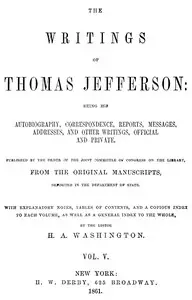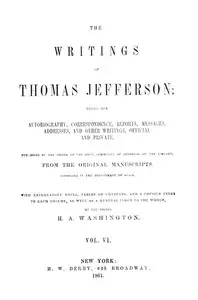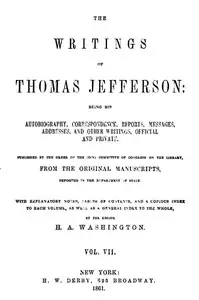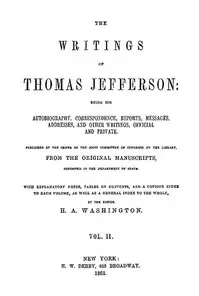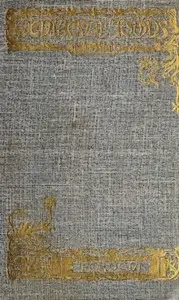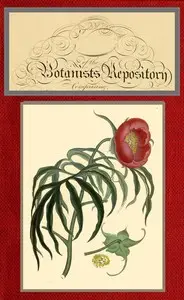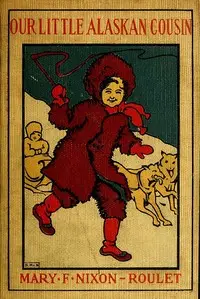"The Writings of Thomas Jefferson, Vol. 1 (of 9)" by Thomas Jefferson is a collection of historical documents, including Jefferson's autobiography, correspondence, reports, messages, and addresses. It was written in the early to mid-19th century and encompasses a vital period leading up to and including the American Revolution. The collection sheds light on Jefferson's influence in shaping the United States' founding principles, and covers a wide array of topics such as governance, personal philosophy, and the interplay between liberty and authority. At the start of the volume, Jefferson begins his autobiography with his ancestry and early life, detailing his family's lineage and his father's achievements. He recounts his education, the influences that shaped his thinking, and his early involvement in Virginia's legislature, showcasing his perspective on the tensions with Great Britain. Jefferson provides an intimate look at significant historical events as seen through his eyes, including the evolution of colonial governance, his marriage, and the initial stirrings of revolution. The opening serves not only as a personal narrative but also as a foundational account of the thoughts and actions that would later culminate in the drafting of the Declaration of Independence. (This is an automatically generated summary.)
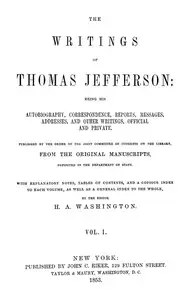
The Writings of Thomas Jefferson, Vol. 1 (of 9) Being His Autobiography, Correspondence, Reports, Messages, Addresses, and Other Writings, Official and Private
By Thomas Jefferson
"The Writings of Thomas Jefferson, Vol. 1 (of 9)" by Thomas Jefferson is a collection of historical documents, including Jefferson's autobiography, co...
Thomas Jefferson was an American statesman, planter, diplomat, lawyer, architect, philosopher, and Founding Father who served as the third president of the United States from 1801 to 1809. He was the primary author of the Declaration of Independence. Following the American Revolutionary War and before becoming president in 1801, Jefferson was the nation's first U.S. secretary of state under George Washington and then the nation's second vice president under John Adams. Jefferson was a leading proponent of democracy, republicanism, and natural rights, and he produced formative documents and decisions at the state, national, and international levels.

